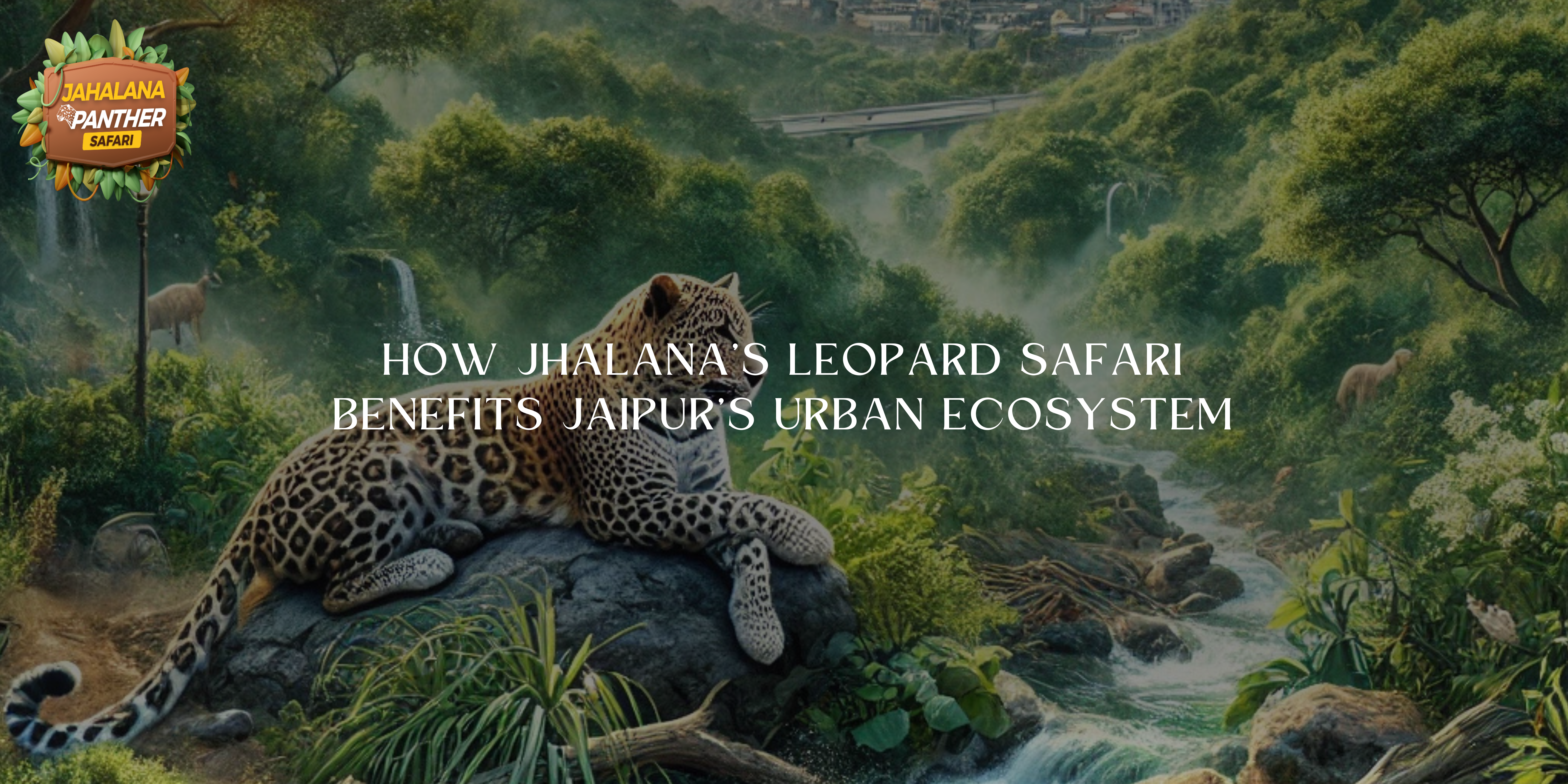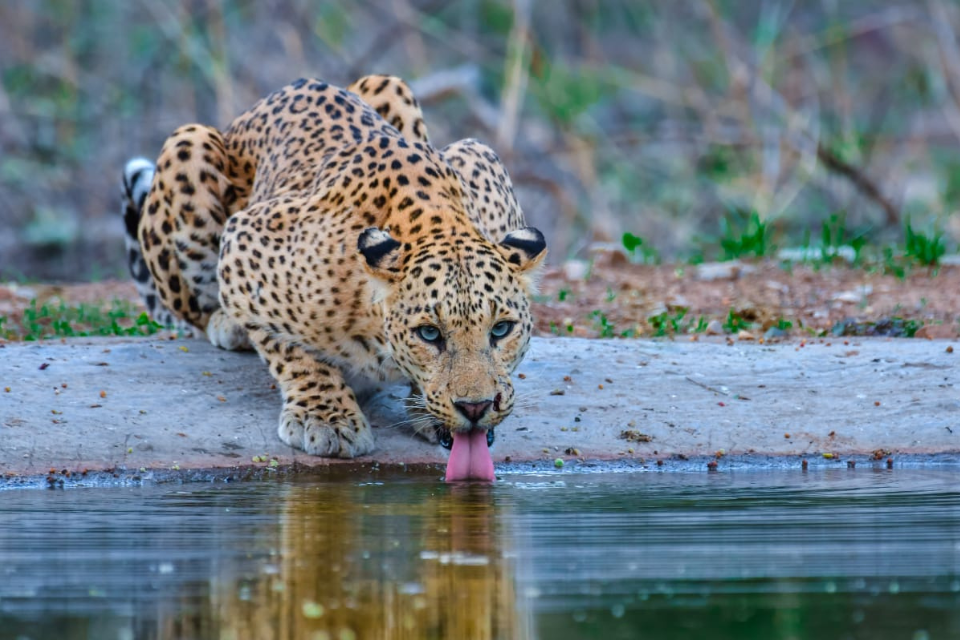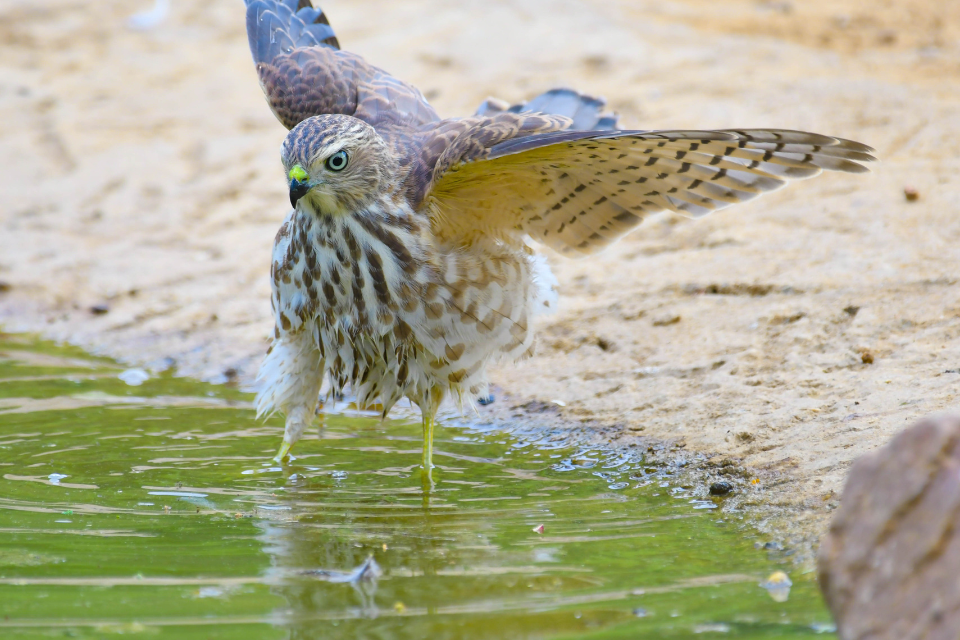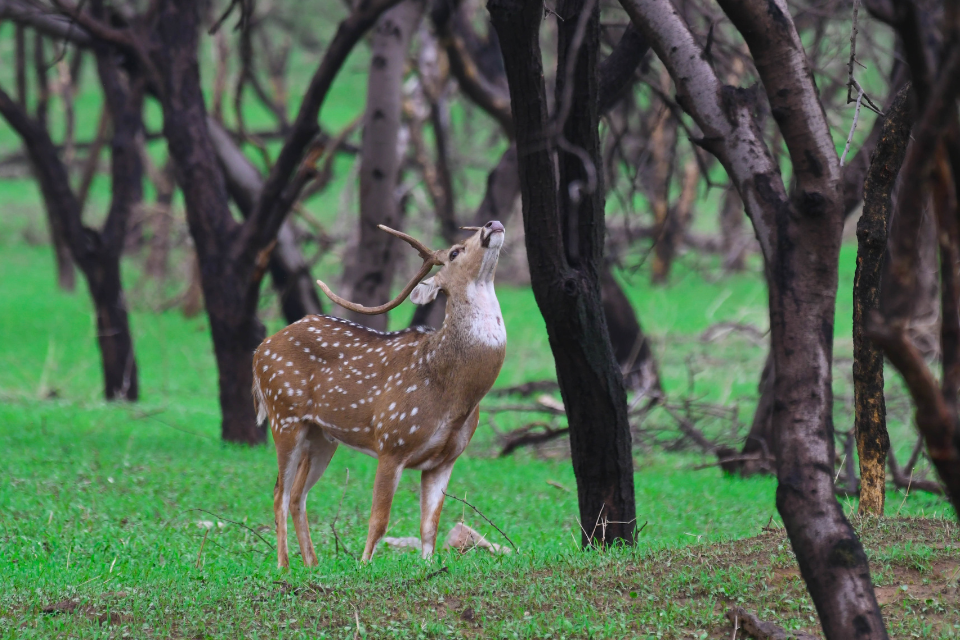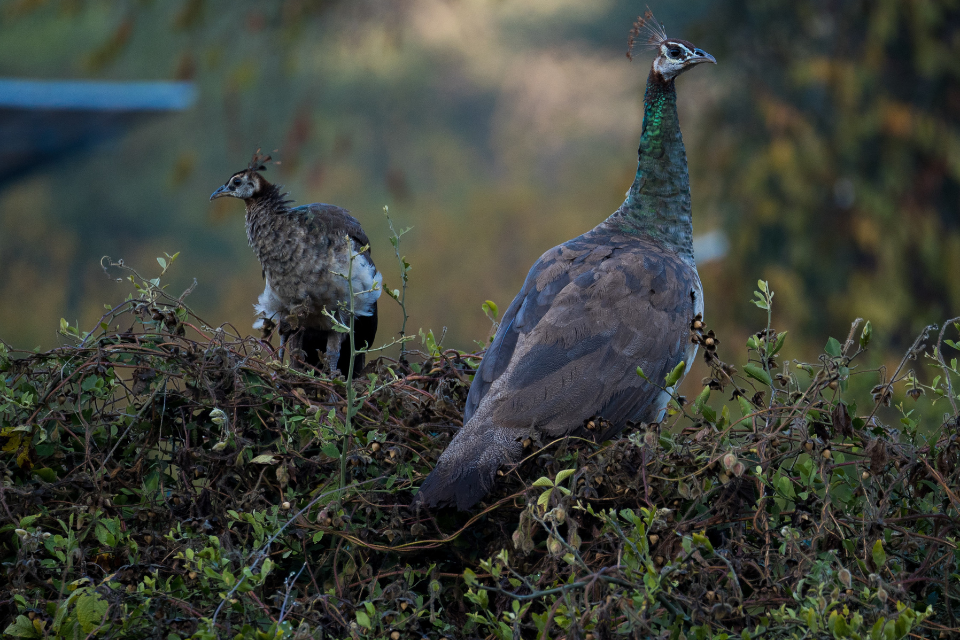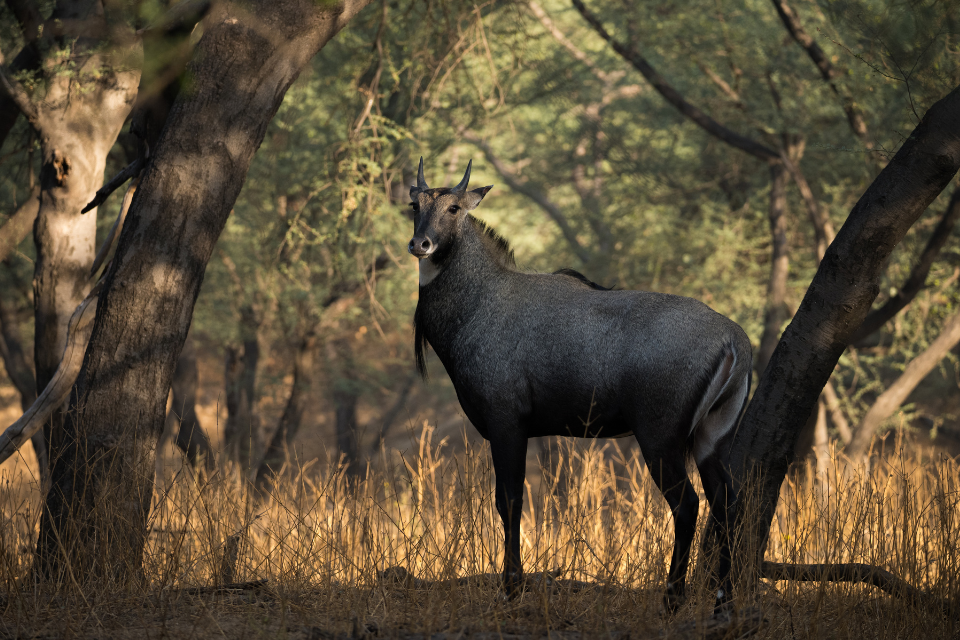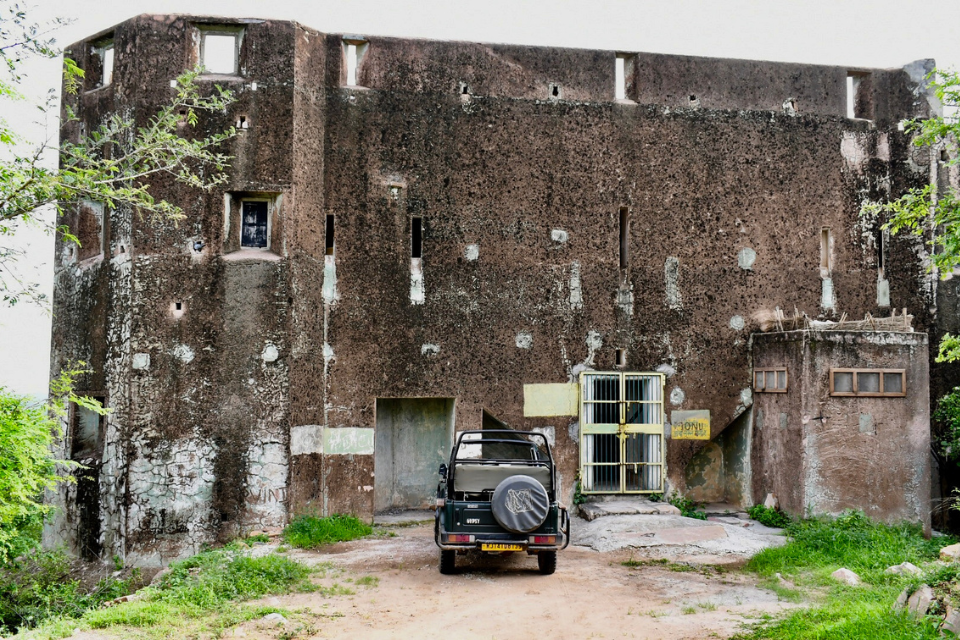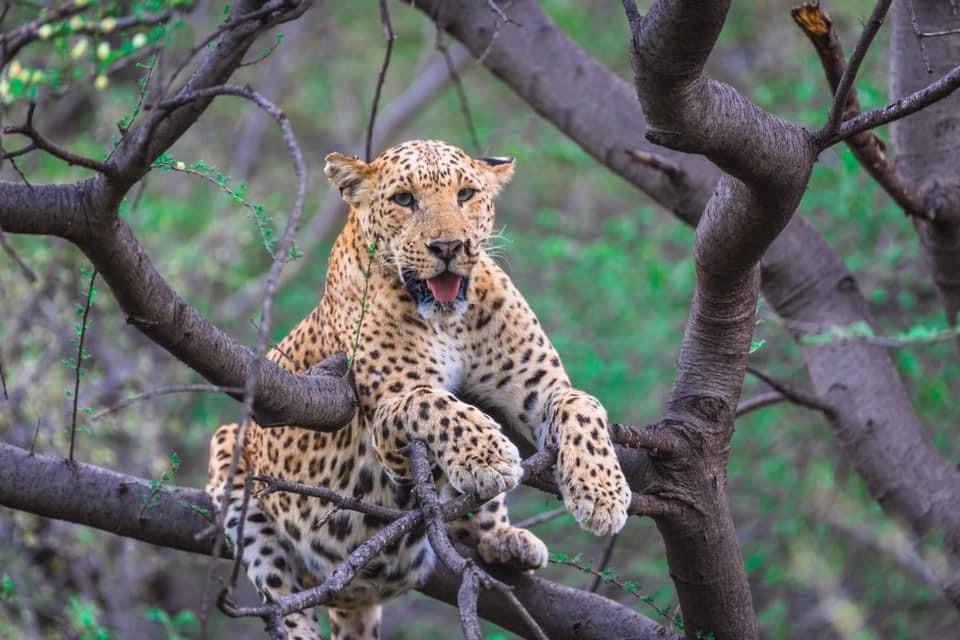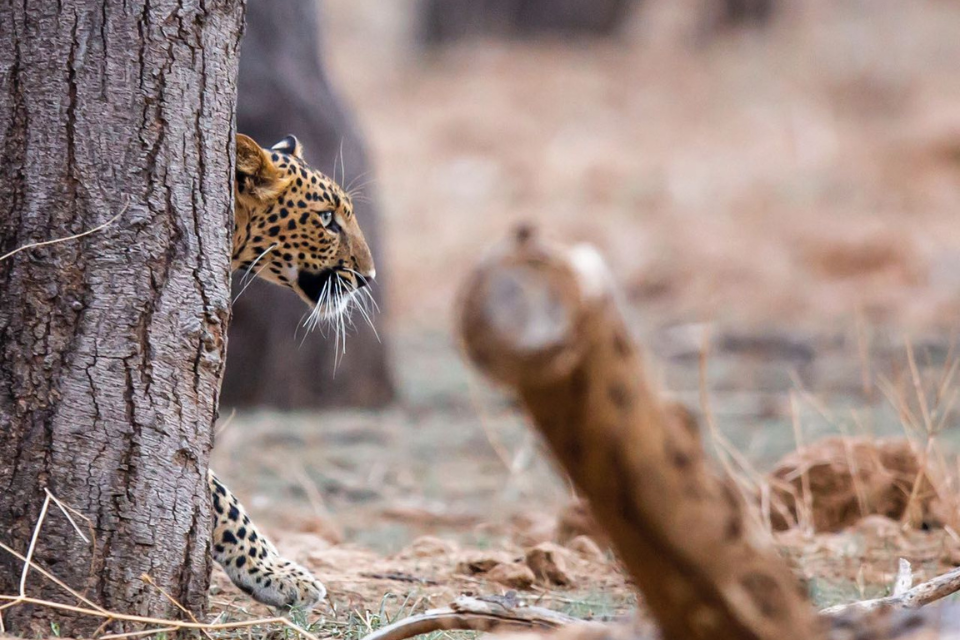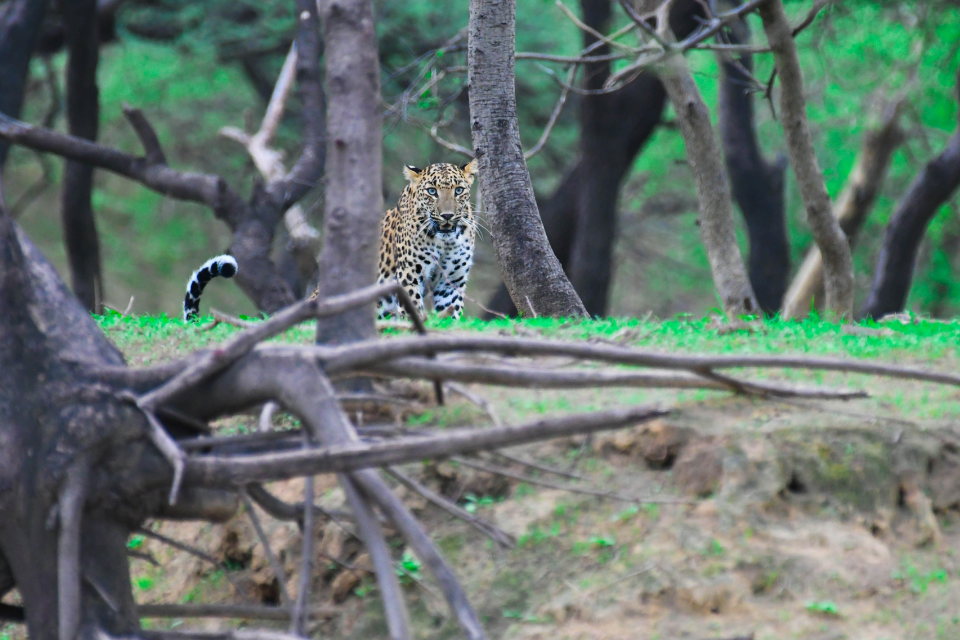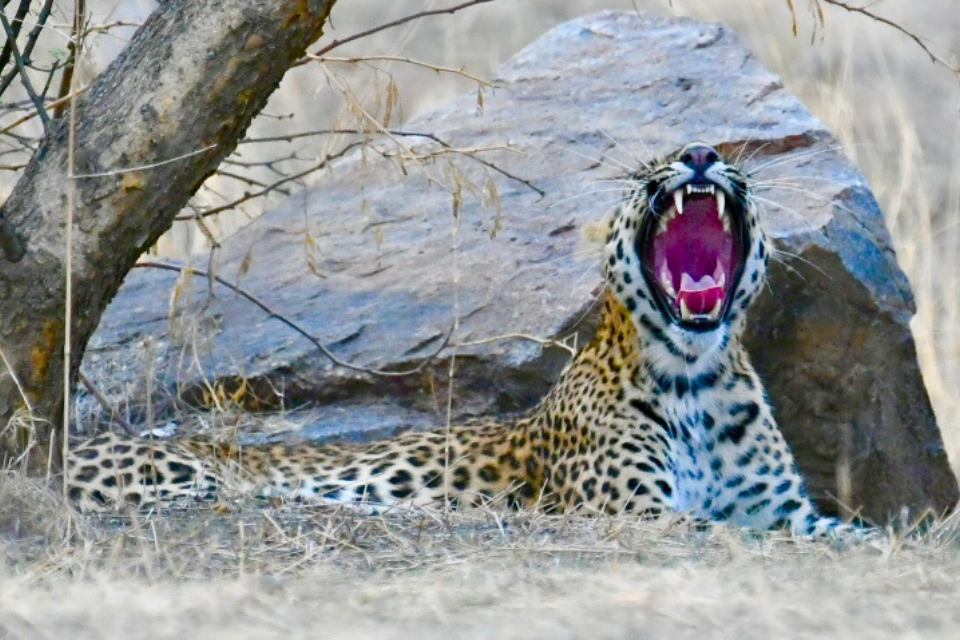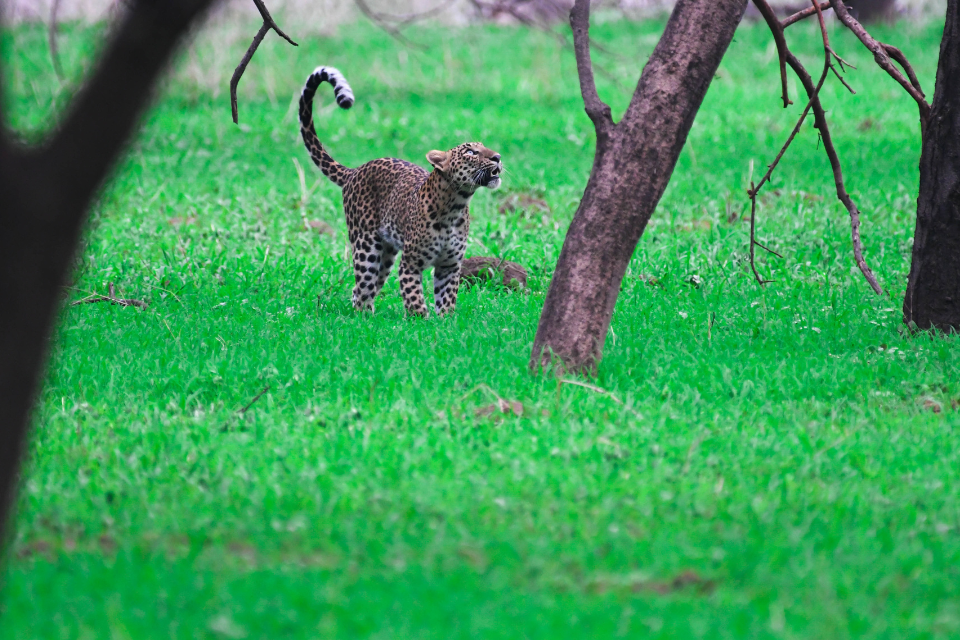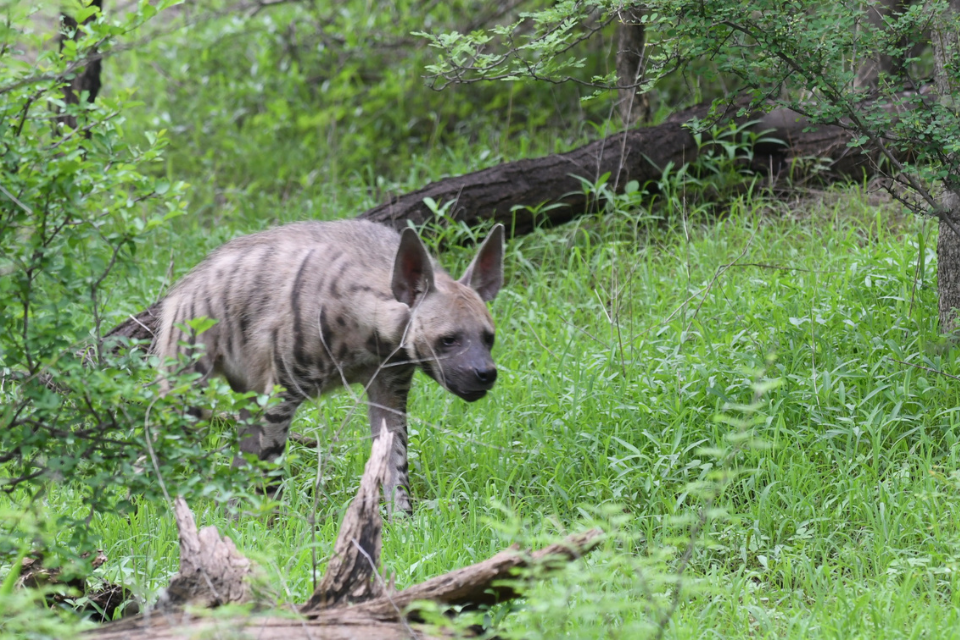- December 30, 2024
How Jhalana’s Leopard Reserve Benefits Jaipur’s Urban Ecosystem
Jhalana Leopard Safari, located within the Jhalana Forest Reserve in Jaipur, is a rare example of urban wildlife conservation. As India’s first leopard reserve situated within city limits, it is home to a thriving population of leopards and diverse wildlife. Beyond being a wildlife haven, Jhalana Leopard Safari plays a vital role in supporting Jaipur’s urban ecosystem, offering benefits that extend far beyond its boundaries.
1. Biodiversity Hotspot Within the City
Rich Flora and Fauna:
- Jhalana Leopard Safari features over 30 leopards, striped hyenas, jackals, blue bulls, and more than 150 bird species.
- Native trees like Dhak, Khejri, and Neem provide essential habitats and support biodiversity.
Urban Wildlife Refuge:
- Jhalana serves as a sanctuary for wildlife, offering safe habitats amid Jaipur’s urban sprawl.
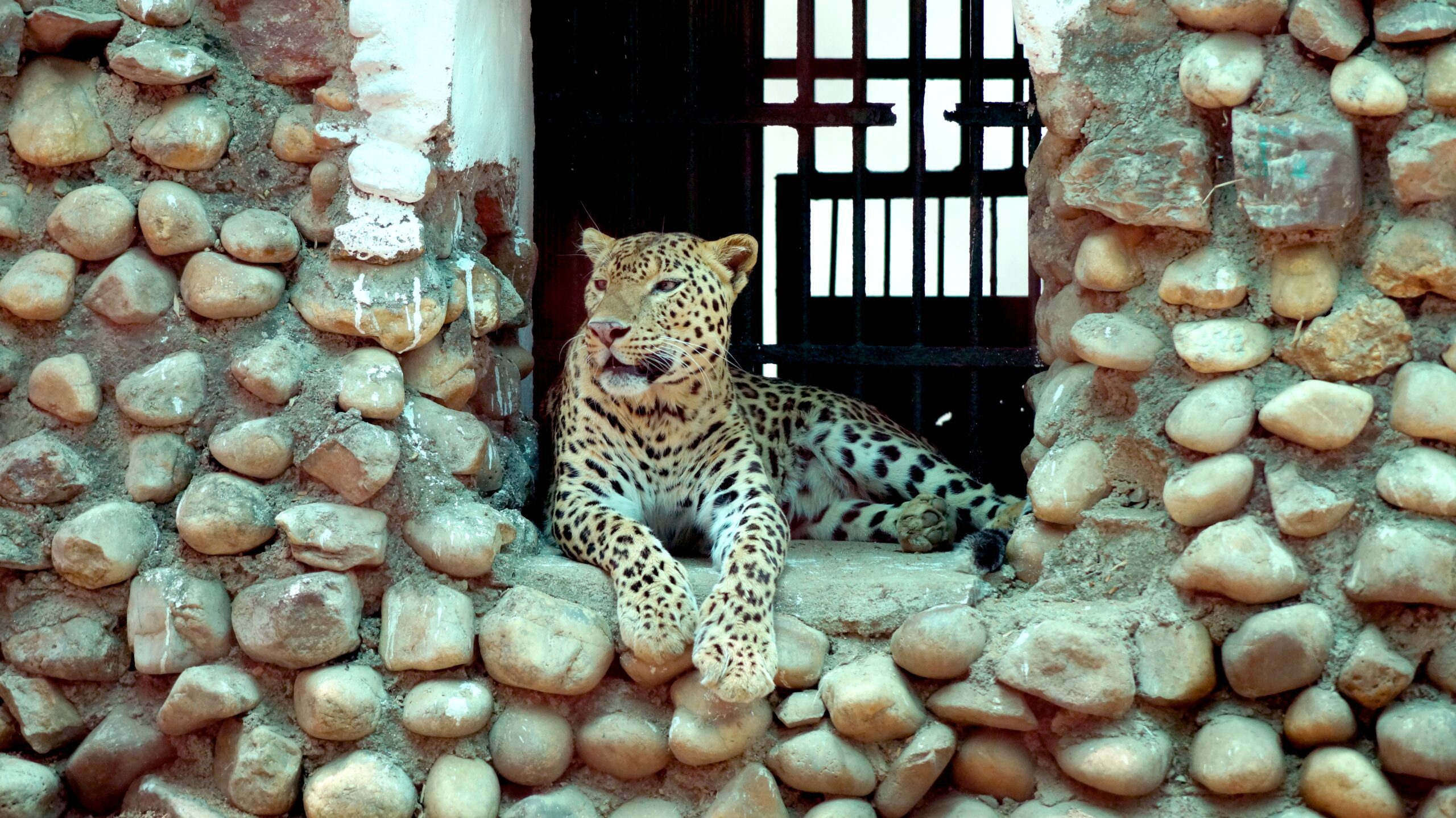
2. Environmental Benefits
Air Quality Improvement:
- The dense vegetation within Jhalana Leopard Safari absorbs pollutants, enhancing Jaipur’s air quality.
Temperature Regulation:
- Jhalana’s green cover helps mitigate the urban heat island effect, creating a cooling impact.
Water Resource Management:
- Natural rainwater harvesting in the forest aids in maintaining the city’s water table.
Soil Conservation:
- Root systems of native trees prevent soil erosion, particularly during the monsoon season.
3. Human-Wildlife Coexistence
Wildlife Adaptability:
- Leopards and other species in Jhalana Leopard Safari have adapted to urban surroundings, showcasing potential harmonious coexistence.
Conflict Mitigation:
- Buffer zones and educational programs have minimized human-wildlife conflicts, benefiting both locals and wildlife.
Community Awareness:
- Jhalana fosters awareness about urban biodiversity conservation, making it a model for other cities.
4. Boost to Jaipur’s Eco-Tourism
Safari Experiences:
- Jhalana Leopard Safari offers regulated safaris, attracting photographers, nature lovers, and eco-tourists.
Urban Wildlife Attraction:
- As a unique eco-tourism destination, Jhalana distinguishes Jaipur from other Rajasthani cities.
Cultural and Natural Blend:
- Ancient temples within the reserve provide a mix of spiritual and ecological experiences.
5. Educational and Research Opportunities
Urban Ecology Studies:
- Jhalana Leopard Safari offers insights into urban wildlife behavior, adaptability, and conservation challenges.
Environmental Education:
- Schools and colleges organize trips to Jhalana to teach students about biodiversity and sustainability.
Leopard Monitoring Projects:
- Data collected in Jhalana contributes to nationwide leopard conservation strategies.
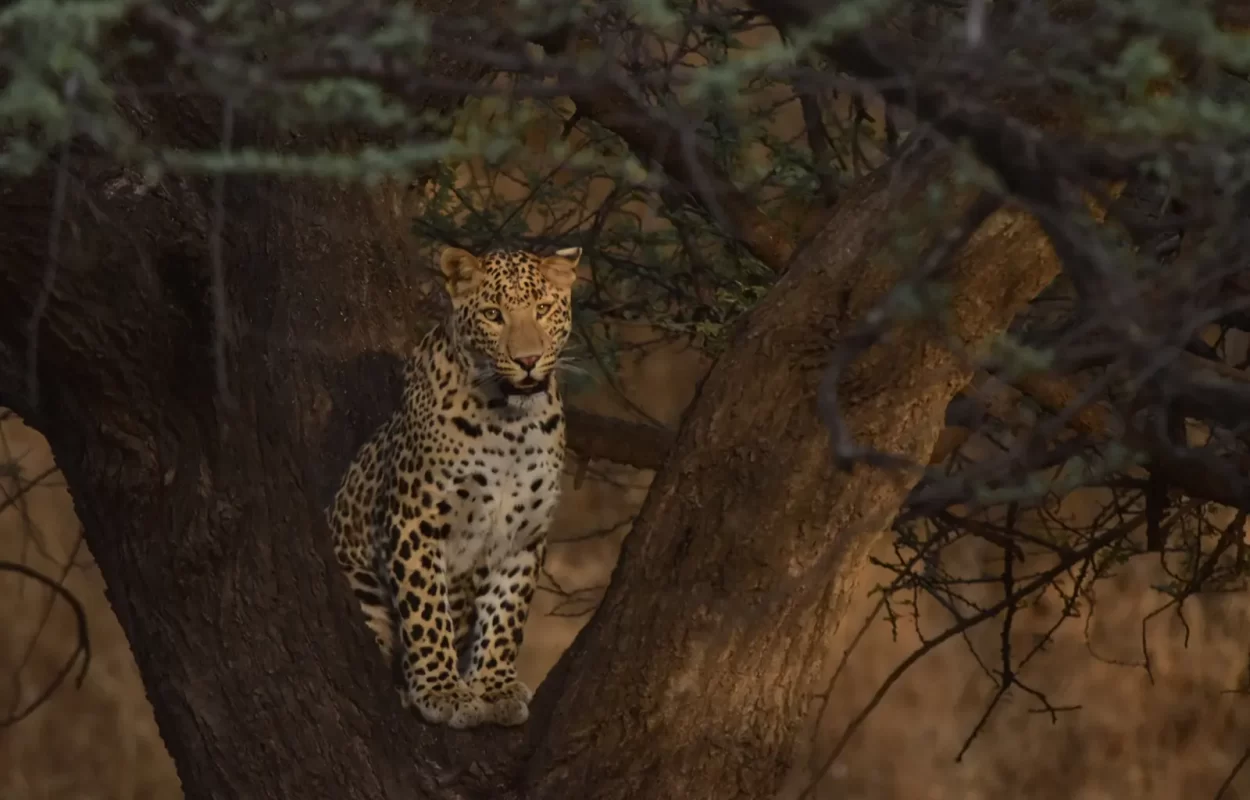
6. Socio-Economic Benefits
Employment Opportunities:
- Jhalana Leopard Safari creates jobs for locals as guides, drivers, and eco-tourism staff.
Boost to Local Economy:
- Visitors support local businesses by purchasing handicrafts and goods, promoting economic growth.
Volunteer and Internship Programs:
- Jhalana provides platforms for individuals to engage in conservation while gaining hands-on experience.
7. Challenges and Solutions
Urban Encroachment:
- Rapid urbanization threatens Jhalana’s boundaries. Stronger zoning laws and public awareness campaigns are crucial.
Wildlife Corridors:
- Creating corridors connecting Jhalana Leopard Safari to other reserves ensures safe wildlife movement and genetic diversity.
Resource Management:
- Sustainable tourism and habitat restoration efforts are vital for long-term ecological balance.
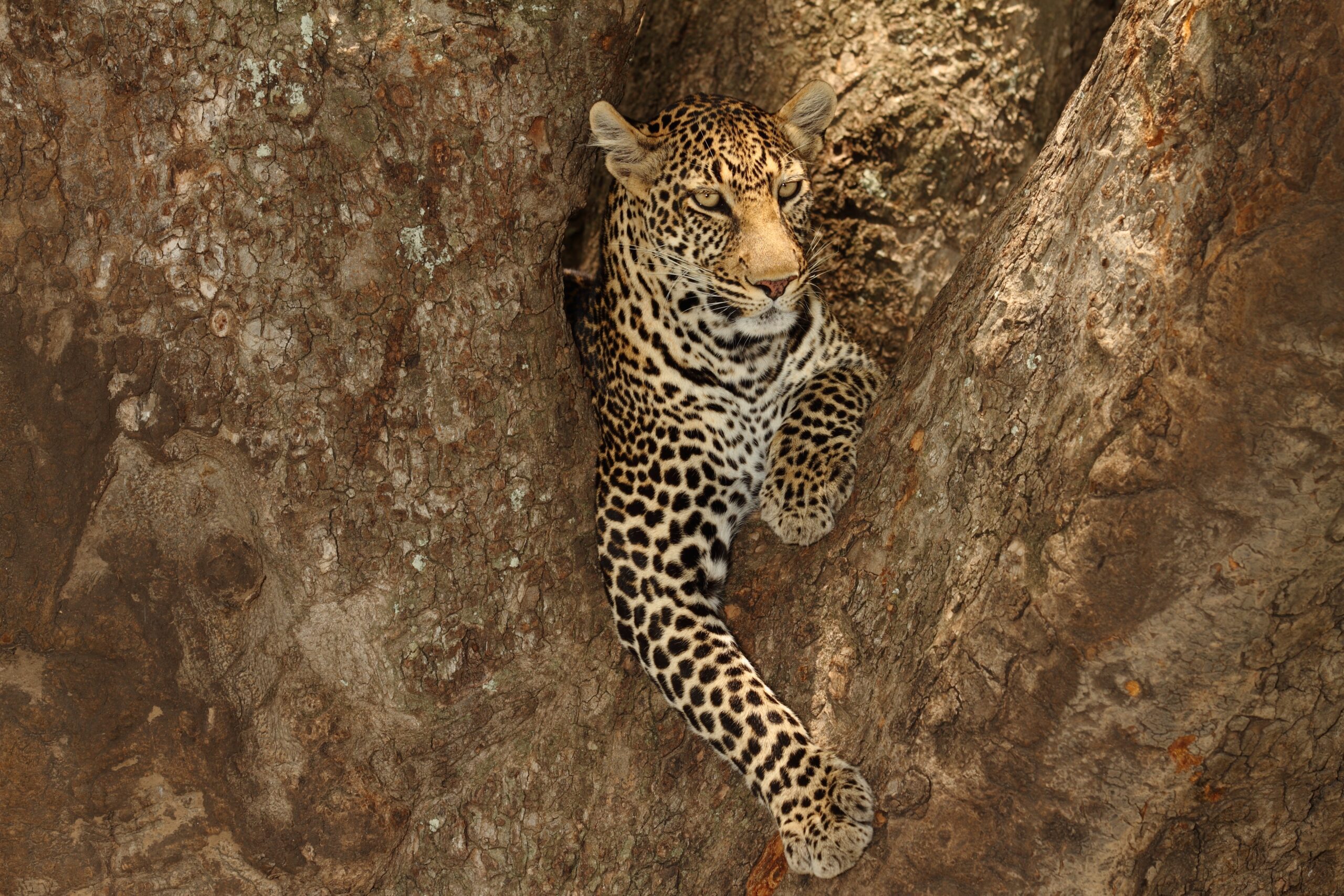
8. Inspiring Other Urban Wildlife Projects
Replicable Model:
- The success of Jhalana Leopard Safari offers a blueprint for urban wildlife conservation in other cities.
Promoting Coexistence:
- Jhalana demonstrates how green spaces can integrate into urban infrastructure, benefiting both residents and wildlife.
Global Relevance:
- Urban wildlife conservation efforts like Jhalana inspire similar initiatives worldwide.
9. How Jaipur Residents Benefit
Improved Quality of Life:
- Jhalana Leopard Safari enhances Jaipur’s green cover, contributing to cleaner air and cooler temperatures.
Cultural and Recreational Value:
- The forest offers spiritual sites, nature trails, and recreational opportunities for residents.
Increased Awareness:
- Locals gain insights into the importance of preserving natural habitats and wildlife.
Conclusion
Jhalana Leopard Safari stands as a cornerstone of Jaipur’s urban ecosystem, benefiting the environment, local communities, and the city’s tourism industry. Its unique position as an urban wildlife sanctuary underscores the importance of conserving biodiversity in rapidly growing cities. Jhalana not only exemplifies human-wildlife coexistence but also inspires urban areas worldwide to prioritize green spaces. By protecting Jhalana Leopard Safari, Jaipur paves the way for a sustainable and harmonious future for its residents and its wildlife.
Disclaimer All images used in this blog are either sourced from public domain or credited to their respective owners. If you are the copyright holder of any image and wish to request its removal or proper attribution, please contact us at [email protected]
